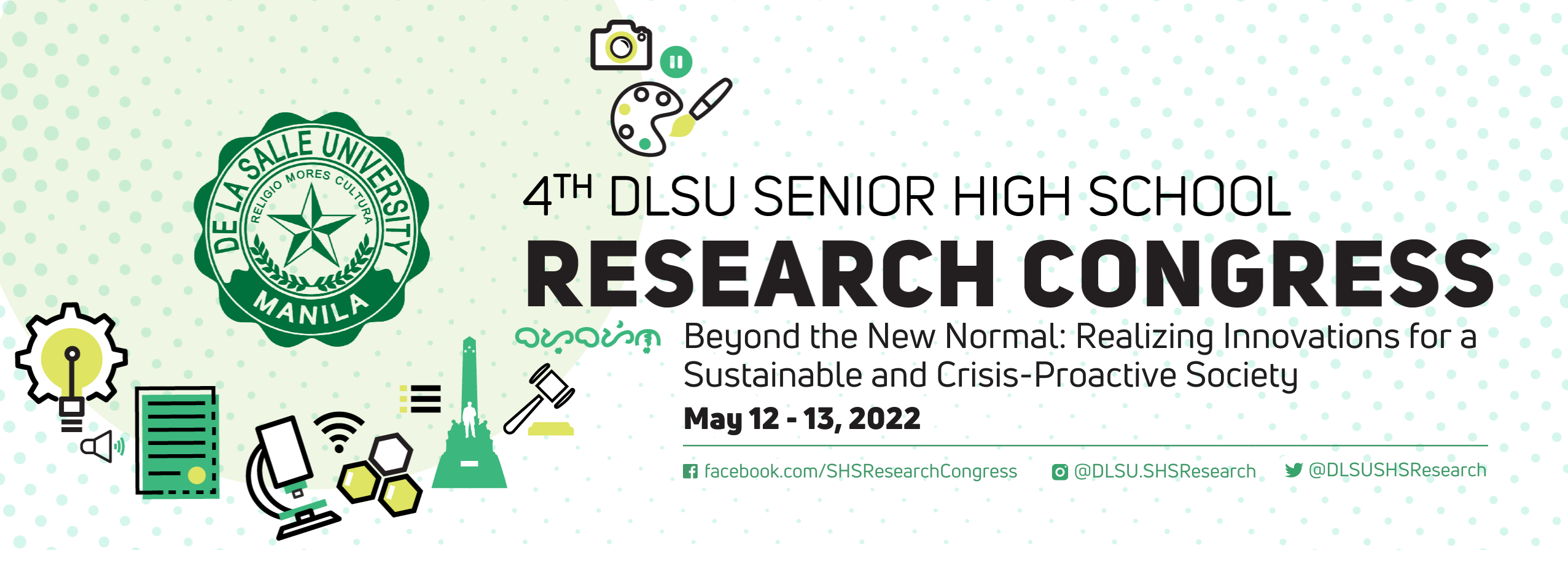Press Unreleased: The Narratives of Filipino Journalists amidst the Pandemic
Document Types
Paper Presentation
Research Theme (for Paper Presentation and Poster Presentation submissions only)
Media and Philippine Studies (MPS)
Research Advisor (Last Name, First Name, Middle Initial)
Christian P. Gopez
Start Date
12-5-2022 3:30 PM
End Date
12-5-2022 5:30 PM
Abstract/Executive Summary
This research documents and analyzes the lived experiences of Filipino journalists during the COVID-19 pandemic in the Philippines. It describes the day-to-day lives of the Filipino journalists, the changes they encountered in the pandemic, and their motivations in continuing their profession. The researchers interviewed a total of eight Filipino journalists and employed a descriptive phenomenological research design. The purposive sampling technique was also utilized based on the following criteria: a) the journalist has experienced pre-pandemic fieldwork; b) the journalist is active in the profession amidst the pandemic; and, c) the journalist is a member of any dominant or alternative media networks in the country. Narrative and thematic analysis were used to interpret and explain the patterns present in the data gathered. The findings of the study have shown that Filipino journalists have found it more difficult to gather information and publish news due to the shift in setting. Furthermore, the job is made harder due to the threats received by Filipino journalists and increasingly frequent events of cyberattacks, harassment, assault, and suppression of media. Despite the dangers, journalists remain optimistic and persistent to pursue their careers due to the fulfillment of the job and remain hopeful for the years to come.
Keywords
Filipino journalist; journalism; COVID-19; dominant media; alternative media
Press Unreleased: The Narratives of Filipino Journalists amidst the Pandemic
This research documents and analyzes the lived experiences of Filipino journalists during the COVID-19 pandemic in the Philippines. It describes the day-to-day lives of the Filipino journalists, the changes they encountered in the pandemic, and their motivations in continuing their profession. The researchers interviewed a total of eight Filipino journalists and employed a descriptive phenomenological research design. The purposive sampling technique was also utilized based on the following criteria: a) the journalist has experienced pre-pandemic fieldwork; b) the journalist is active in the profession amidst the pandemic; and, c) the journalist is a member of any dominant or alternative media networks in the country. Narrative and thematic analysis were used to interpret and explain the patterns present in the data gathered. The findings of the study have shown that Filipino journalists have found it more difficult to gather information and publish news due to the shift in setting. Furthermore, the job is made harder due to the threats received by Filipino journalists and increasingly frequent events of cyberattacks, harassment, assault, and suppression of media. Despite the dangers, journalists remain optimistic and persistent to pursue their careers due to the fulfillment of the job and remain hopeful for the years to come.


